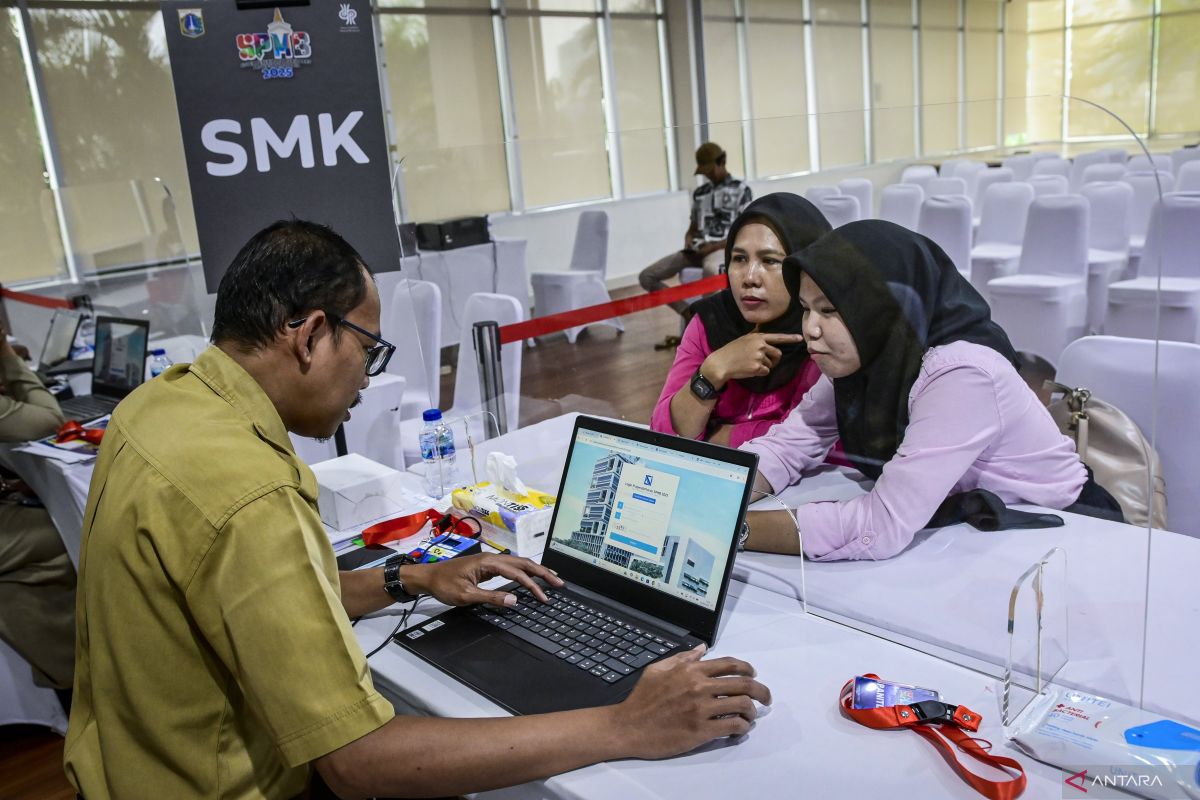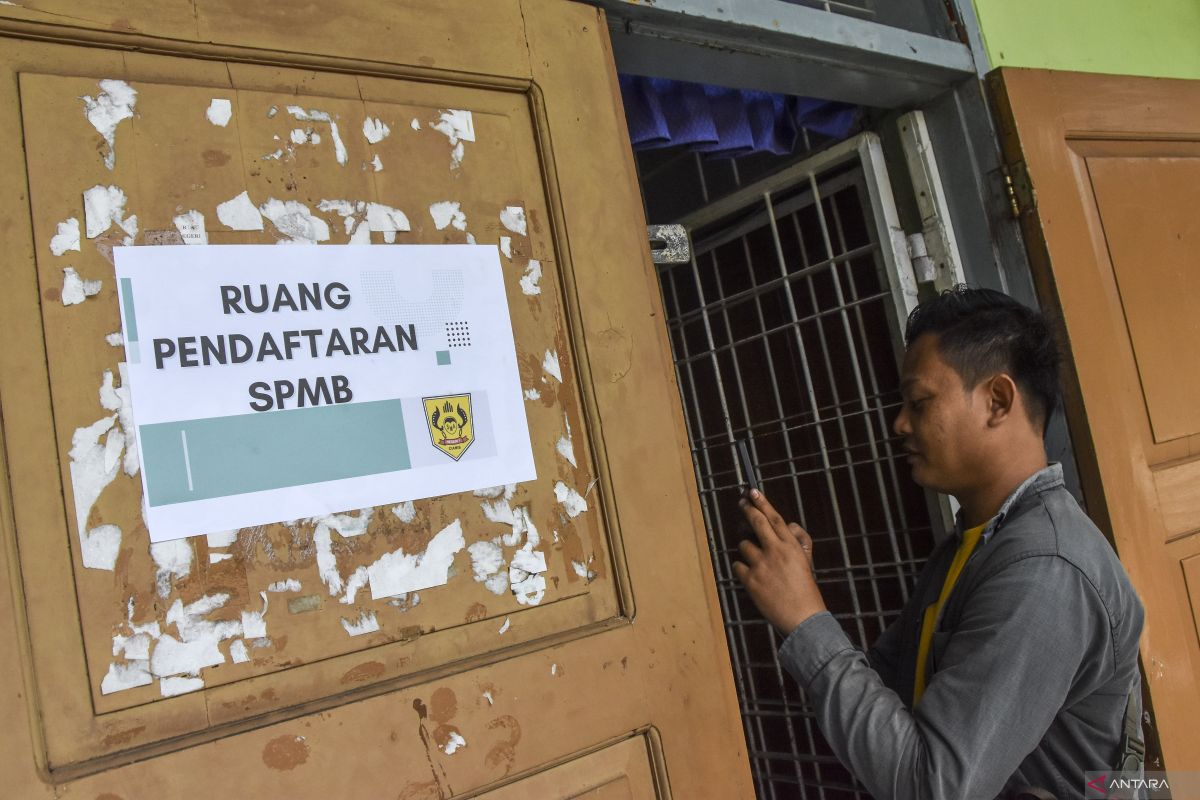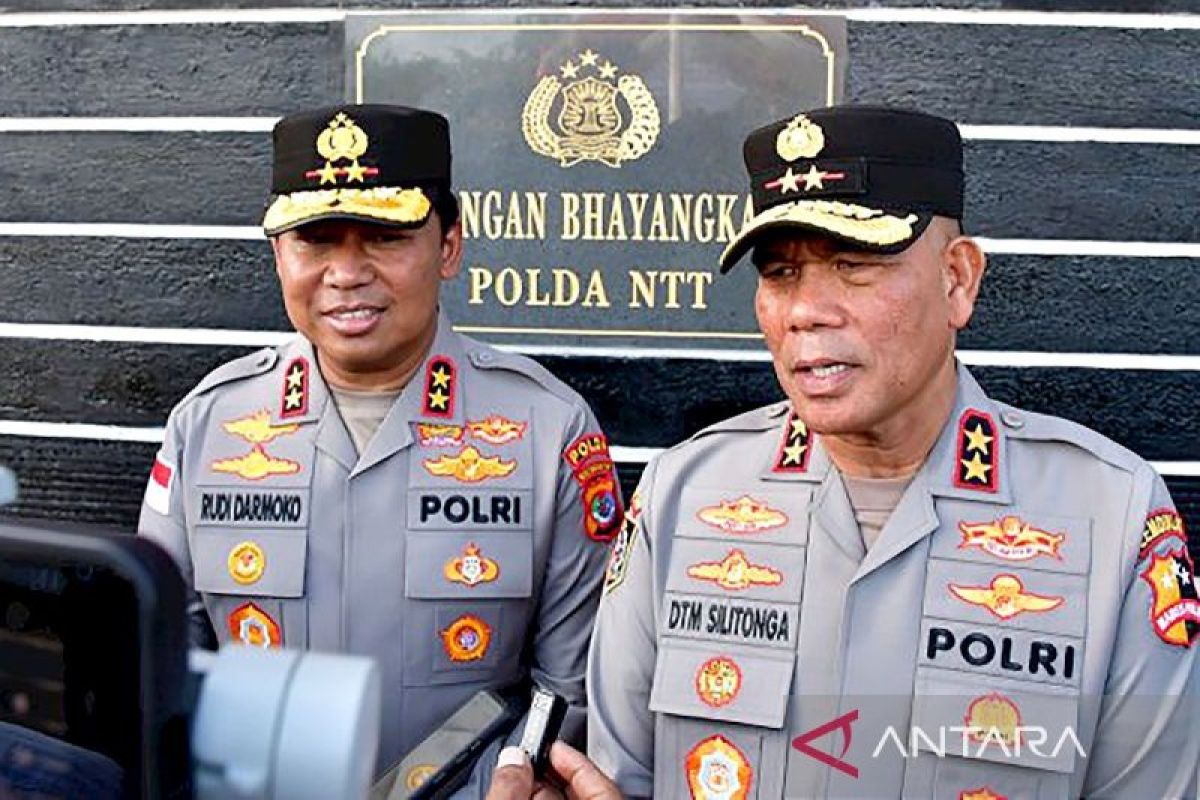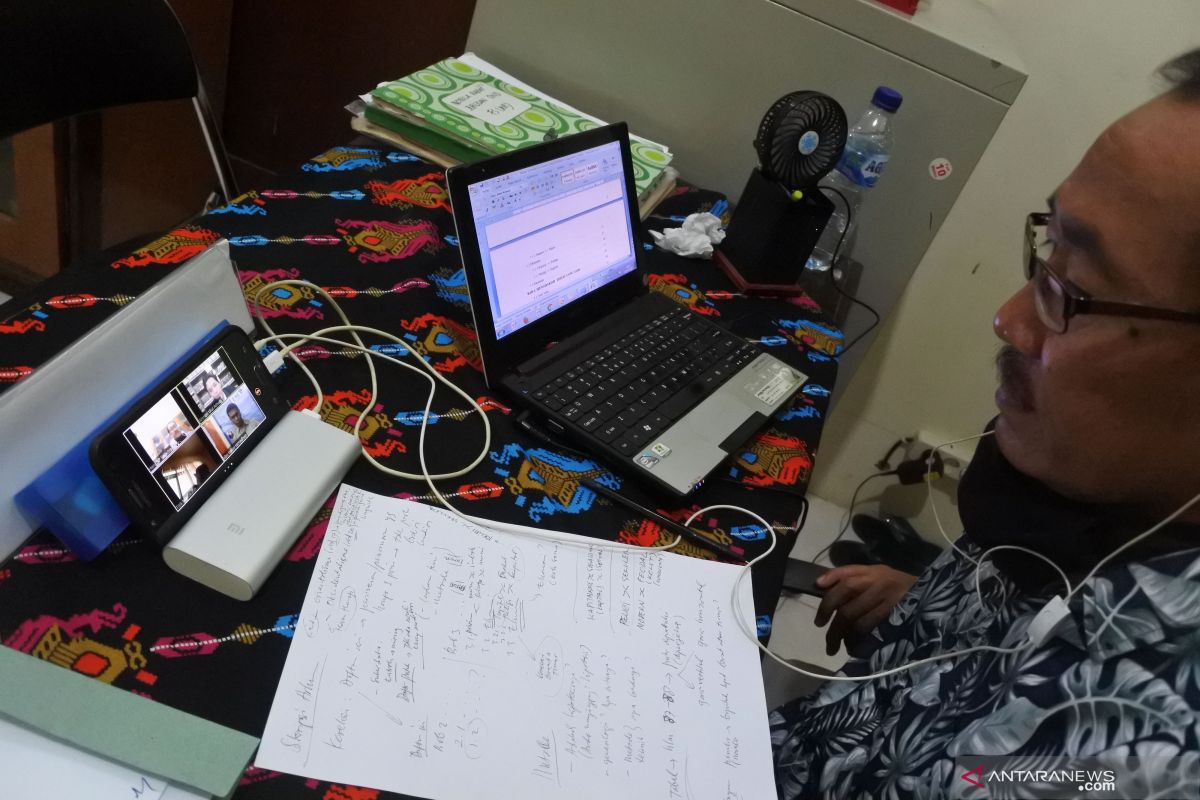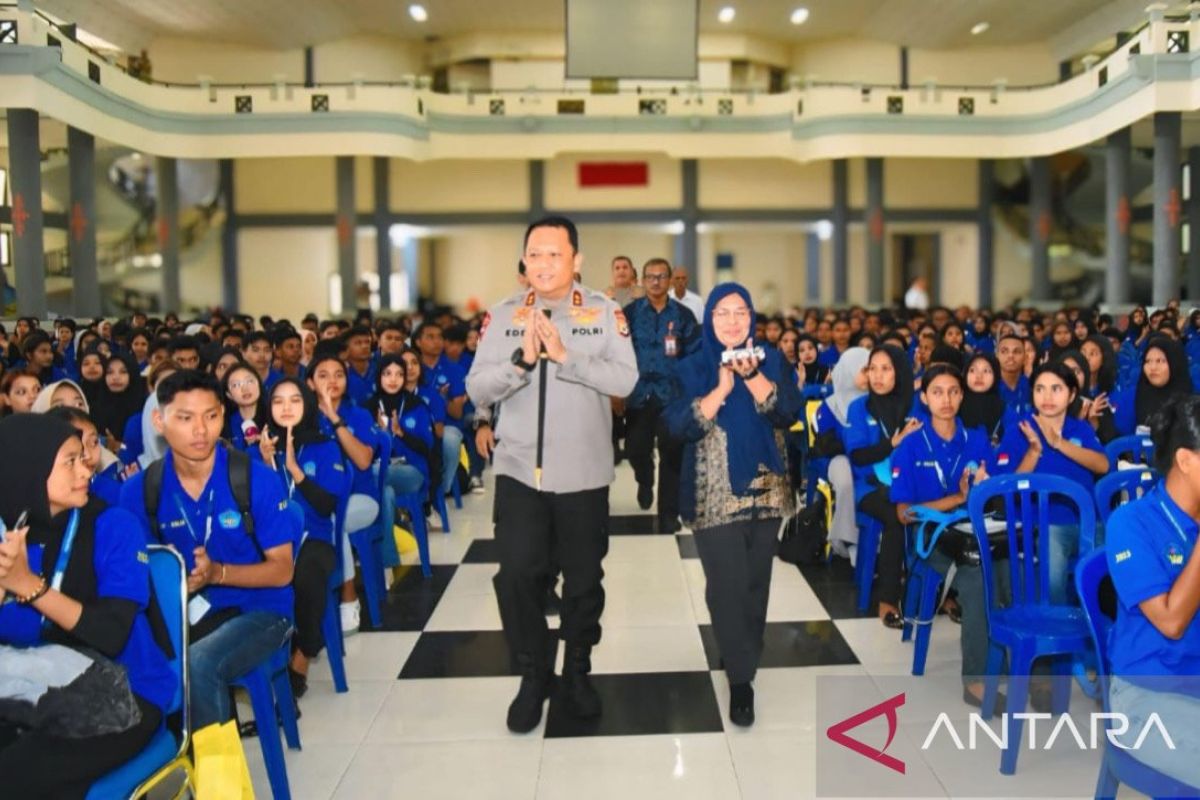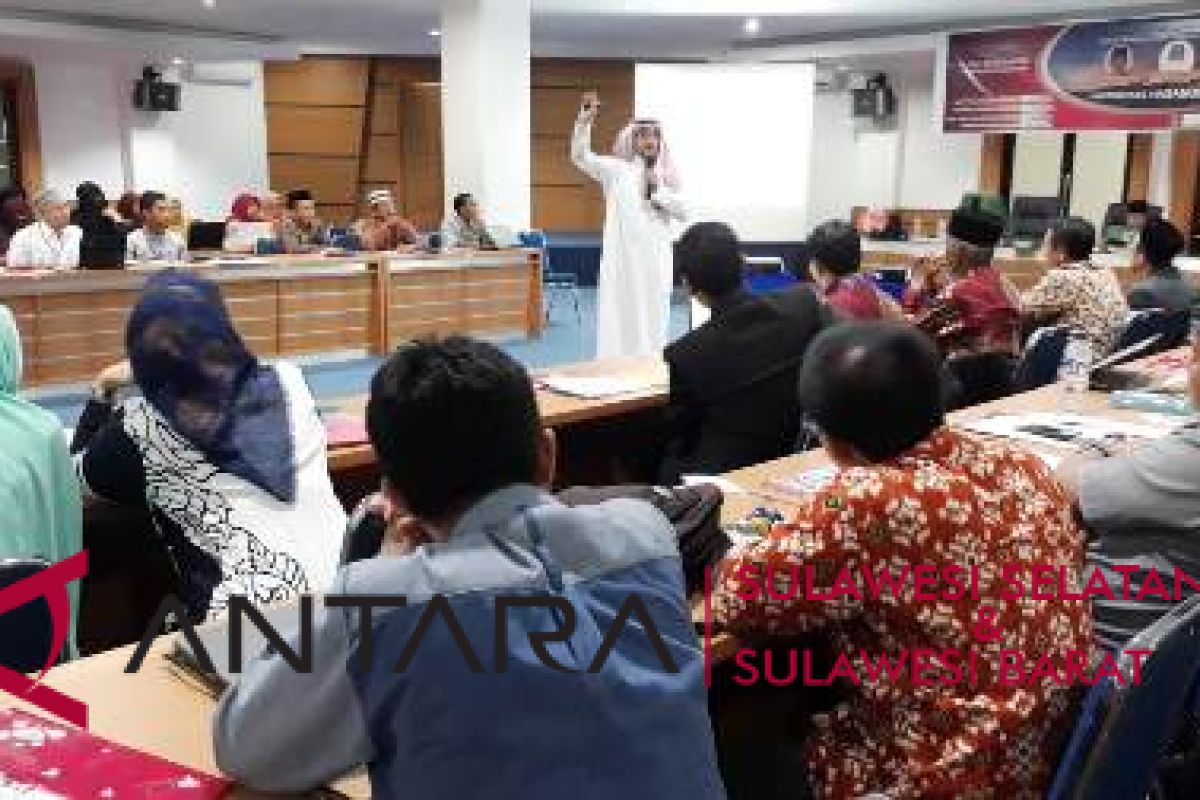In his study, home to those framed commentator’s notes that are fetching a small fortune, Clive Tyldesley gently raises an eyebrow. It feels like a knowing apathy and could be directed at either television companies becoming too clever for their own good or acting as copycats.
There lies a mystique as to which side of this particular fence one of the country’s great orators sits and he likes it that way. He’s happy to convey that perhaps the introduction of half-time interviews with players isn’t offering much to its audience but conceals specifically why.
He is leaving that open to interpretation but, during 20 minutes in his company, it is clear that he is whispering the quiet stuff out loud: that for whatever reason, the sanitisation of elite football is ruining its product. Those quick, contractually mandated half-time chats with players who wear weary looks provide a strong example and nobody is utilising that resource to its maximum.
‘Sir Alex Ferguson did them for ITV during Champions League games,’ says Tyldesley. ‘They weren’t contracted. He did them because he recognised the size of the audience then would be 15-20 million and that his words were not being edited – they were coming live via Gary Newbon’s microphone.
‘He recognised that was the purest form of communication with all those people about what he was trying to do at United. Even at half time of a match against Real Madrid. It was that street wisdom which was innate in him.’
Times change though and no European game is bringing in 15 million viewers these days. Press conferences broadcast on YouTube produces clicks in their thousands. While recounting a story of self-depreciation, Tyldesley hits on why the changes to bring supporters closer to the inner sanctum are actually flawed. While retaining care with his words, he does so without sounding like the old guy harking back to the good old days.
Clive Tyldesley thinks modern ways of trying to bring viewers 'closer to the action' are flawed
The commentary icon teamed up with Darren Bent to raise awareness of the FA's Silent Support Weekend
‘The most difficult thing I’ve ever been asked to do was post-match interviews,’ he says. ‘I tell a story about Mick McCarthy. When he was only an acquaintance, we were in a group of a dozen people at a golf event and a mutual friend asked if I knew Mick. I said “yeah yeah” and shook his hand.
‘He looked at me and said: “No you don’t.” It was typical Mick. He said that guy who comes out to do an interview immediately after a match isn’t Mick McCarthy. It was actually quite deep and philosophical because he said – and you can imagine the adjectives he might use – that he might’ve just been beaten 3-0 and you’re the first stranger I encounter.
‘I’m at the depths of despair or the height of anger and you start asking me difficult questions? That’s not Mick McCarthy answering those questions. It's an insight into the way managers handle the situation. Maybe somebody like Ruben Amorim, bless him, and one or two others could learn that.’
Tyldesley is somewhat despairing of how football projects itself at the elite level. And how that is consumed. He lectures in sports media at the University of Salford and remarks how those who eventually land jobs – many don’t – are heading into what he calls ‘client journalism’. Basically, gigs with clubs.
He asks how stuff on their own websites or TV channels can be objective and believes the ‘deterioration of the relationship between football and its media, with both sides to blame’ is seeing fans suffer.
The 71-year-old regales tales of being able to call on anybody required while a reporter at Granada’s preview programme, Kick Off. North West managers, players, owners – like Peter Swales at Manchester City – were always on offer.
That landscape has altered and so too has the section of the industry for which he is truly renowned. Tyldesley’s blogs around the state of the commentary game – one skewering Rio Ferdinand and Robbie Savage – garner plenty of support, especially when discussing the conversational nature of football coverage.
‘Interestingly when I’ve written a blog about the three-man booth, as the Americans call it, nearly all of the reaction was that we don’t like it,’ he says. ‘But whether that’s coming from a certain generation or standpoint, or maybe people who follow me are used to my style. There is no right and wrong and I’ve always tried to emphasise that.
Half-time interviews aren't a problem in and of themselves - Sir Alex Ferguson used to use them to great effect at Manchester United
Tyldesley regards Gary Neville's co-commentary highly, but disapproves of ex-players who only bring emotion to the microphone
He believes that fans are suffering because of the rise of 'client journalism' - clubs putting out their own biased content
Mick McCarthy told him that post-match interviews don't really let you get to know managers
‘I try to understand why it’s changing. All I’m trying to do is ask why. If I can see a trend preferring a new style or a good editorial reason why you would talk more and have more voices in a game then it helps.’
When suggested that that maybe producers are asking for a more conversational record of matches, Tyldesley’s eyebrow is again up with some incredulity. Fair enough.
Although no longer front of centre of coverage in Britain, he still loves the job, calling Barcelona’s Champions League tie with holders Paris Saint-Germain on Wednesday for CBS. It was a trip that he was relishing.
‘I did another blog on the fan commentator,’ he adds. ‘I think Gary [Neville] and Jamie [Carragher] have really moved football analysis forward. I know and like them both. It’s one thing to say, “I want Man United to win this game and I’m going to be objective” – which Gary is, and there’s probably nobody more critical of United’s performances recently. On the one hand he’s biased but is also journalistically objective. That works for me.
‘What doesn’t work for me quite so much are people with a microphone jumping up and down screaming “yeah yeah yeah” or “Oh my God”. If you come from football and want to work in this business, you’ve got to give us a little bit more than just your emotion. You have to give insight into what we’re watching. I’d be critical of that kind of commentary.’
Tyldesley is supporting the FA’s Silent Support Weekend on November 15-16, an initiative designed to encourage grassroots youngsters in a way that, among other things, supporters on the touchline can only applaud. The hope is that it alleviates any additional pressure around matches and can also impact young referees.
‘I care about communication – it’s never been more important in the world,’ he says. ‘There is a huge responsibility. It’s still true in football. It’s obviously not as important than world affairs but it’s still important.
'My mentor, Reg Gutteridge, looked at commentary as a piece of journalism. It’s not a scripted piece. You should try to make every word count. You won’t manage that because of the nature of it but try to use vocabulary properly and try to use them advisedly.
Tyldesley loves the job and was calling Barcelona's game against PSG for CBS on Wednesday
'Don’t be frightened of silences but silences are not rests, they are thinking time. So when you next utter some words they embellish what people are already seeing.
‘The FA have this silent support weekend, not for people to watch football quietly – nobody can do that – but what they want to do is to try to make people think, as commentators must do, about what you’re going to say next. Because if it’s inappropriate or incorrect, you will know about it. In a strange sort of way, the jeopardy that social media has brought to commentary is not a bad thing.
‘It should make commentators more mindful of the next thing they say. I’m not sure that it is - but it should.’
Clive Tyldesley is raising awareness of The Football Association’s Silent Support Weekend. For more information, please visit https://www.englandfootball.com/participate/behaviour/Silent-Support

 2 hours ago
3
2 hours ago
3































